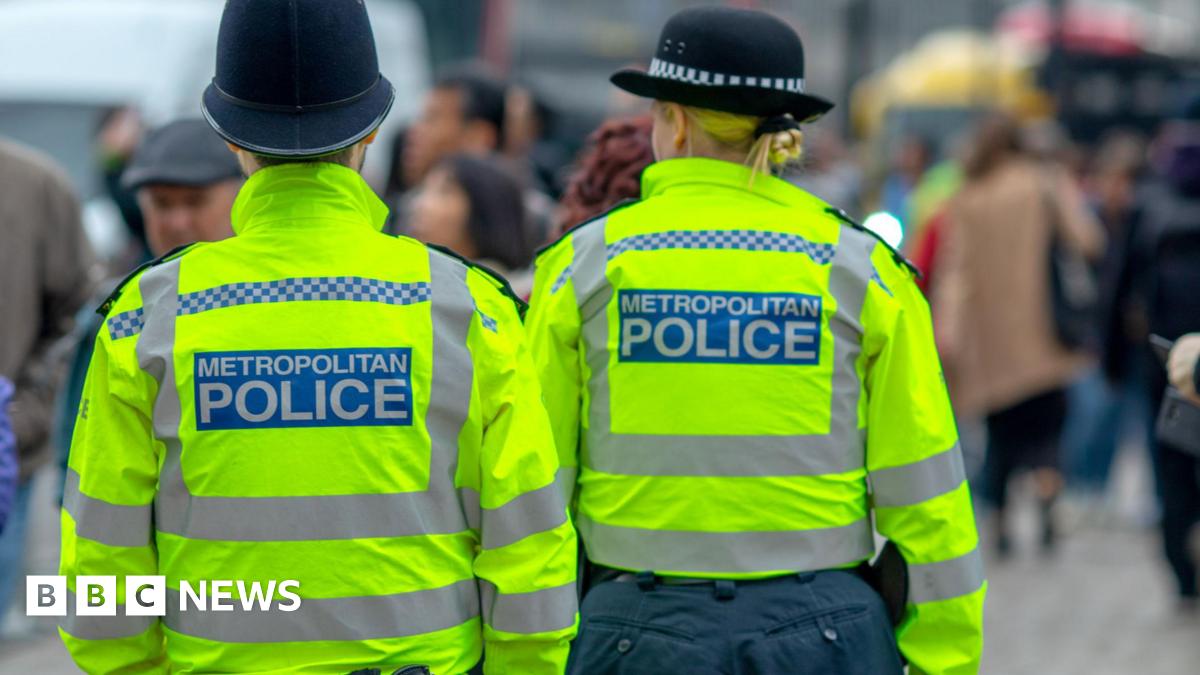In the email to his lawyers, a Metropolitan Police detective wrote: “I am writing to inform you that following a review of the evidence by the Crown Prosecution Service, it has been determined that no further action will be taken in this matter.
“Please note that this decision may be reconsidered if further evidence or information comes to light.”
Mr Linehan and the Free Speech Union (FSU), an advocacy group, vowed to sue the Metropolitan Police for wrongful arrest and interference with his free speech rights.
The writer added that Westminster Magistrates Court ordered that all of his bail conditions be dropped after an application by FSU lawyers. District Judge Snow ruled that the conditions were too vague and ordered that they were immediately lifted.
In a statement on Monday addressing non-crime hate incidents, a Metropolitan Police spokesperson said it “understands the concern” around Mr Linehan’s case.
“The Commissioner has been clear he doesn’t believe officers should be policing toxic culture war debates, with current laws and rules on inciting violence online leaving them in an impossible position,” the spokesperson said.
The policy change would “provide clearer direction for officers, reduce ambiguity and enable them to focus on matters that meet the threshold for criminal investigations,” the spokesperson added.
Non-crime hate incidents are alleged acts perceived to be motivated by hostility or prejudice towards people with certain characteristics, such as race or transgender identity.
They are recorded to collect data on “hate incidents that could escalate into more serious harm” but do not amount to a criminal offence, according to Home Office guidance, external.
Police guidance on the recording of NCHIs was first published in 2005, following recommendations by an inquiry into the murder of Stephen Lawrence.

